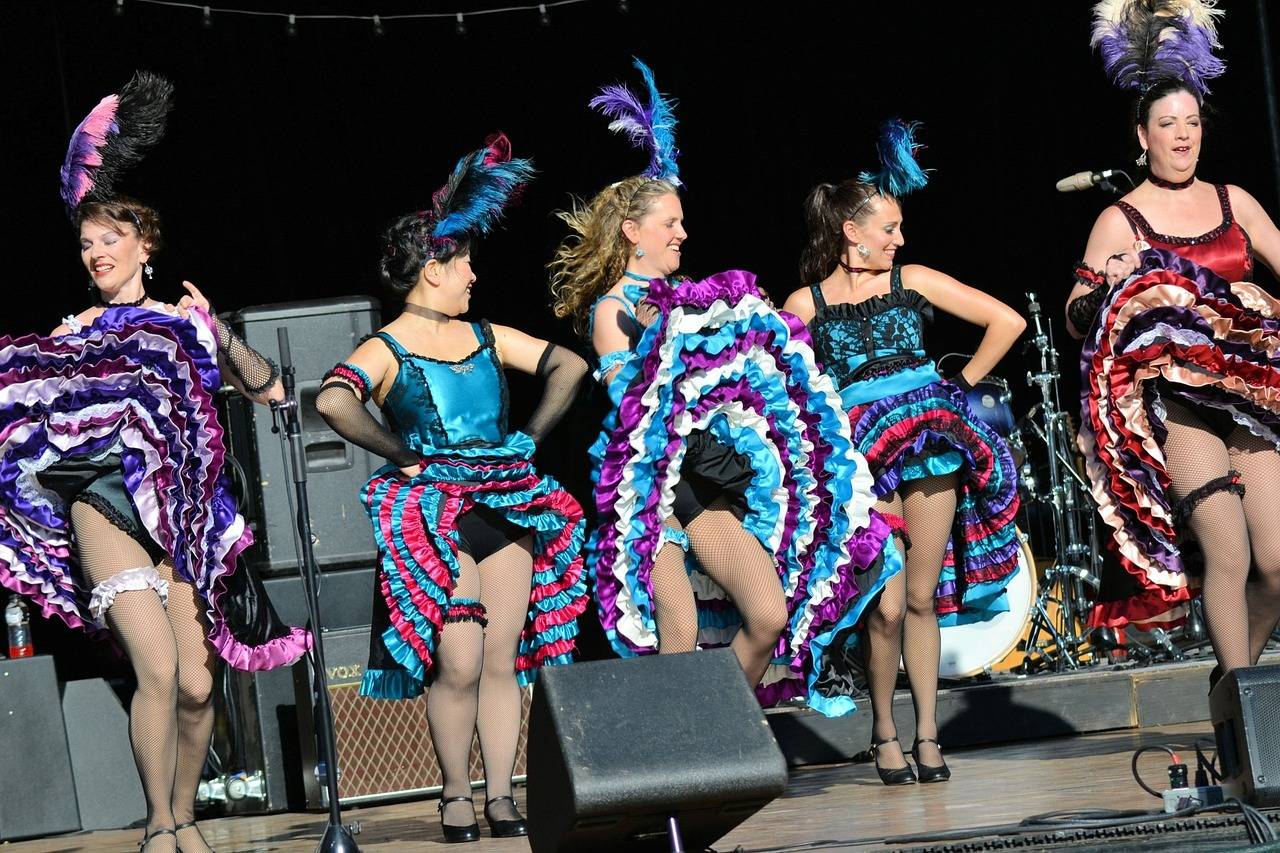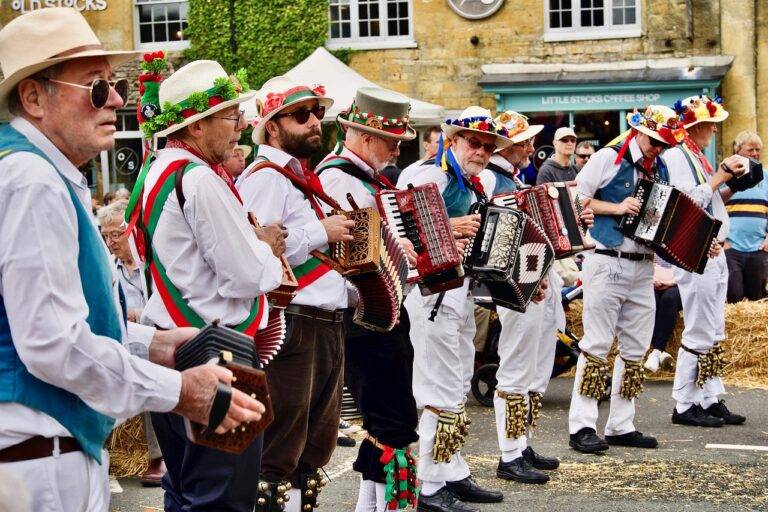Exploring the Role of Archetypes in Character Development Across Different Entertainment Mediums
Archetypes play a crucial role in character development within stories. They are universal symbols or themes that tap into the collective unconscious of human experience, providing a framework for creating dynamic and relatable characters. By drawing on archetypes, writers can imbue their characters with depth, complexity, and a sense of familiarity that resonates with audiences.
Utilizing archetypes allows writers to quickly establish the essence of a character and the role they play within a narrative. Whether it be the Hero embarking on a journey of self-discovery, the Mentor guiding them along the way, or the Villain standing in their path, archetypes provide a blueprint for character arcs and interactions that drive the plot forward. Through the use of archetypes, writers can craft compelling characters that evoke emotional responses and connect with readers on a deeper level.
Understanding the Influence of Archetypes in Storytelling
Archetypes play a crucial role in storytelling by serving as universal symbols that resonate with audiences on a subconscious level. These recurring character types or plot motifs evoke specific emotions and associations, enriching the narrative experience for readers or viewers. By drawing on archetypes, writers can create characters that feel familiar yet unique, tapping into the collective unconscious of the audience.
Moreover, archetypes provide a framework for character development and plot progression in storytelling. They offer a shorthand for conveying nuanced traits and motivations, helping to establish a deeper connection between the audience and the characters. Through the use of archetypes, writers can effectively craft compelling arcs and conflicts that drive the story forward, ensuring a more engaging and resonant experience for the audience.
What are archetypes in storytelling?
Archetypes are universal symbols, patterns, or characters that evoke a specific response or emotion in the audience. They are commonly used in storytelling to help create relatable and memorable characters.
Why are archetypes important in character development?
Archetypes provide a foundation for character development by helping writers create characters that resonate with the audience. By drawing on familiar archetypes, writers can quickly establish a character’s traits, motivations, and role in the story.
How do archetypes influence storytelling?
Archetypes can influence storytelling by providing a framework for character and plot development. By using archetypes, writers can create characters and narratives that tap into universal themes and emotions, making the story more engaging and impactful.
Can archetypes be used in different genres of storytelling?
Yes, archetypes can be used in a wide range of storytelling genres, from mythology and folklore to contemporary fiction and film. Whether it’s a hero on a quest, a wise mentor, or a villain seeking power, archetypes can be adapted and reimagined to suit the needs of any story.





